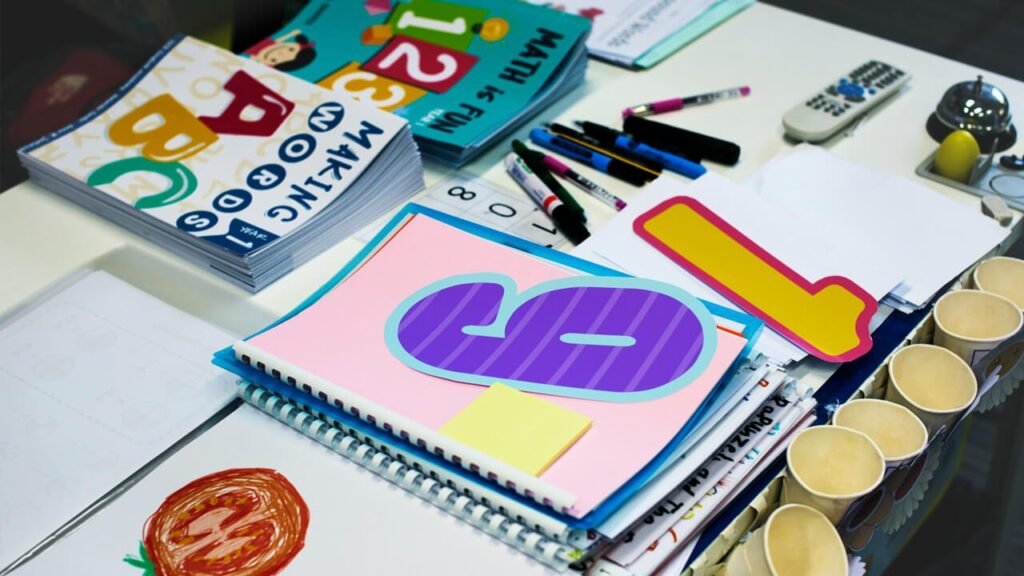Currently Empty: 0.00৳

rewanrasel01@gmail.com
- January 9, 2024
- Comment 4
Turning Education Into Success: A Professional Perspective
Education has long been regarded as the cornerstone of personal and professional growth. However, education by itself does not automatically guarantee success. The transformation of education into success depends on how effectively knowledge is applied, skills are developed, and opportunities are utilized. In a rapidly evolving global landscape, the ability to leverage education strategically has become more critical than ever.
Education Beyond Academic Credentials
While academic qualifications remain valuable, success today requires more than certificates or degrees. True education extends beyond classrooms and examinations. It encompasses critical thinking, adaptability, emotional intelligence, and the capacity to navigate complex challenges. Employers and industries now seek individuals who can apply theoretical knowledge to practical scenarios and drive meaningful results.
Application of Knowledge
Education reaches its highest potential when knowledge is applied. Practical implementation bridges the gap between learning and achievement. Internships, research projects, entrepreneurship initiatives, and problem-solving exercises are effective ways to convert theory into practice. The professionals who succeed are those who continually ask: How can I use what I’ve learned to create impact?
The Role of Skills Development
In addition to academic excellence, professional success relies heavily on the mastery of transferable skills. These include:
Communication and collaboration – the ability to work effectively with diverse teams.
Leadership and decision-making – guiding initiatives and making informed choices.
Digital literacy – adapting to new technologies and tools.
Problem-solving and innovation – creating solutions for emerging challenges.
By developing these competencies, individuals enhance their ability to thrive in competitive environments.
Lifelong Learning as a Strategy
Education is not a one-time process. The most successful professionals view learning as a continuous journey. The willingness to upgrade skills, embrace new technologies, and stay informed about industry trends is what sustains long-term success. Lifelong learners remain relevant, resilient, and prepared for future opportunities.
Building Professional Networks
Education also provides access to networks—professors, peers, mentors, and industry leaders. Building and maintaining professional relationships is essential for career advancement. Networking creates pathways to collaborations, mentorship opportunities, and new prospects that academic knowledge alone cannot provide.
Aligning Education With Purpose
Success is more sustainable when education is aligned with purpose. Professionals who use their knowledge to solve real problems, contribute to their communities, or advance their industries achieve impact that goes beyond financial gains. Purpose-driven application of education ensures both personal fulfillment and long-term influence.
Conclusion
Education is the foundation, but success is built upon how effectively it is utilized. The transition from learning to achievement requires the integration of knowledge, practical skills, professional networking, and continuous self-development. In today’s dynamic world, those who treat education as a lifelong investment—rather than a final destination—are the ones who transform it into enduring success.






Alex Mohr
I really enjoyed this post. Very exciting article!! Lorem ipsum is dummy text used in laying out print, graphic or web designs.
Mark Alen
Grateful for your kind words! Thrilled to hear you found value in the insights. Your support means a lot. Thanks!
Hanna Ben
Inspiring education blog! Illuminating perspectives on effective teaching. Practical insights and innovative approaches make this a must-read for educators seeking impactful strategies. Bravo!
Tom Hardy
Captivating education insights! This blog offers refreshing perspectives on effective teaching methods, making it a valuable resource for educators and learners alike. Well done!